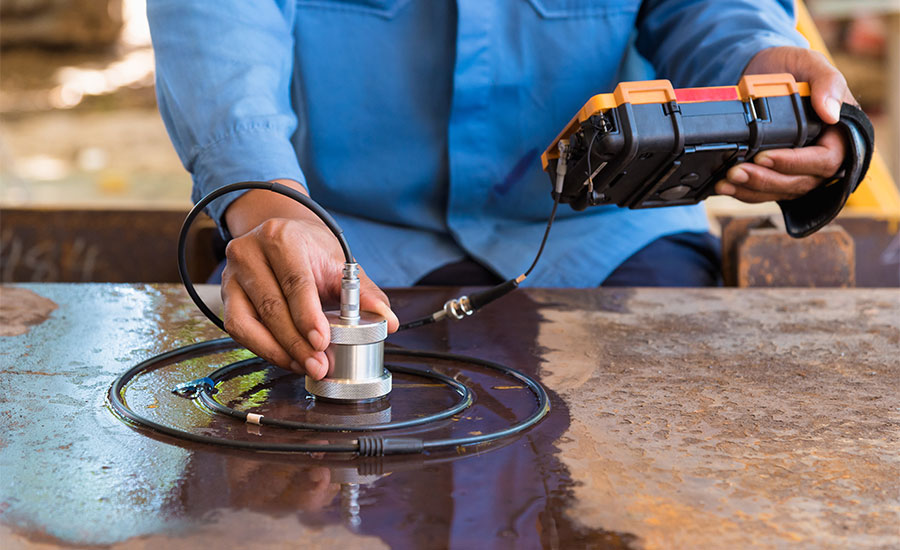Hardness Testing
Hardness of material being a key factor for deciding various applications and limitations of mterial, hardness testing is an empirical test, rather than material property. In order to define different hardness values for the same piece of material, there are several types of hardness tests. Testing is widely employed for process control and inspection, and the outcome is used in estimating mechanical properties like tensile strength. It is usually done using testing machines fitted with an indenter that is enforced into test matter over a period of time.
there are several types of hardness tests
- Brinell Hardness Test
- Rockwell Hardness Test
- Vickers Hardness Test
- Knoop Hardness Test
Why industries need hardness tests?
Manufacturers leverage metal hardness tests to determine the material’s tensile strength, elasticity, and plasticity. These factors indicate its resistance or susceptibility to mechanical wear and tear for different applications. Metals must often withstand pressure or extreme temperature during its application use, and hardness testing is an ideal way to determine whether the component can perform. Because of this, hardness testing is often critical during quality control. Knowing a material’s hardness can also help judge whether additional strengthening measures such as heat treatment are required. Being the most cost-effective method, the Rockwell Hardness test is widely employed for measuring indentation hardness.
Industries also go for portable Hardness Testing of Static Equipments and Pipelines where such inspections are very important and samples cannot be moved to laboratory.
At Aptest NDT we have the best available equipments in market for both Portable and Conventional Hardness testing. We do Hardness Testing world wide for a variety of industries.

 Aptest
Aptest




